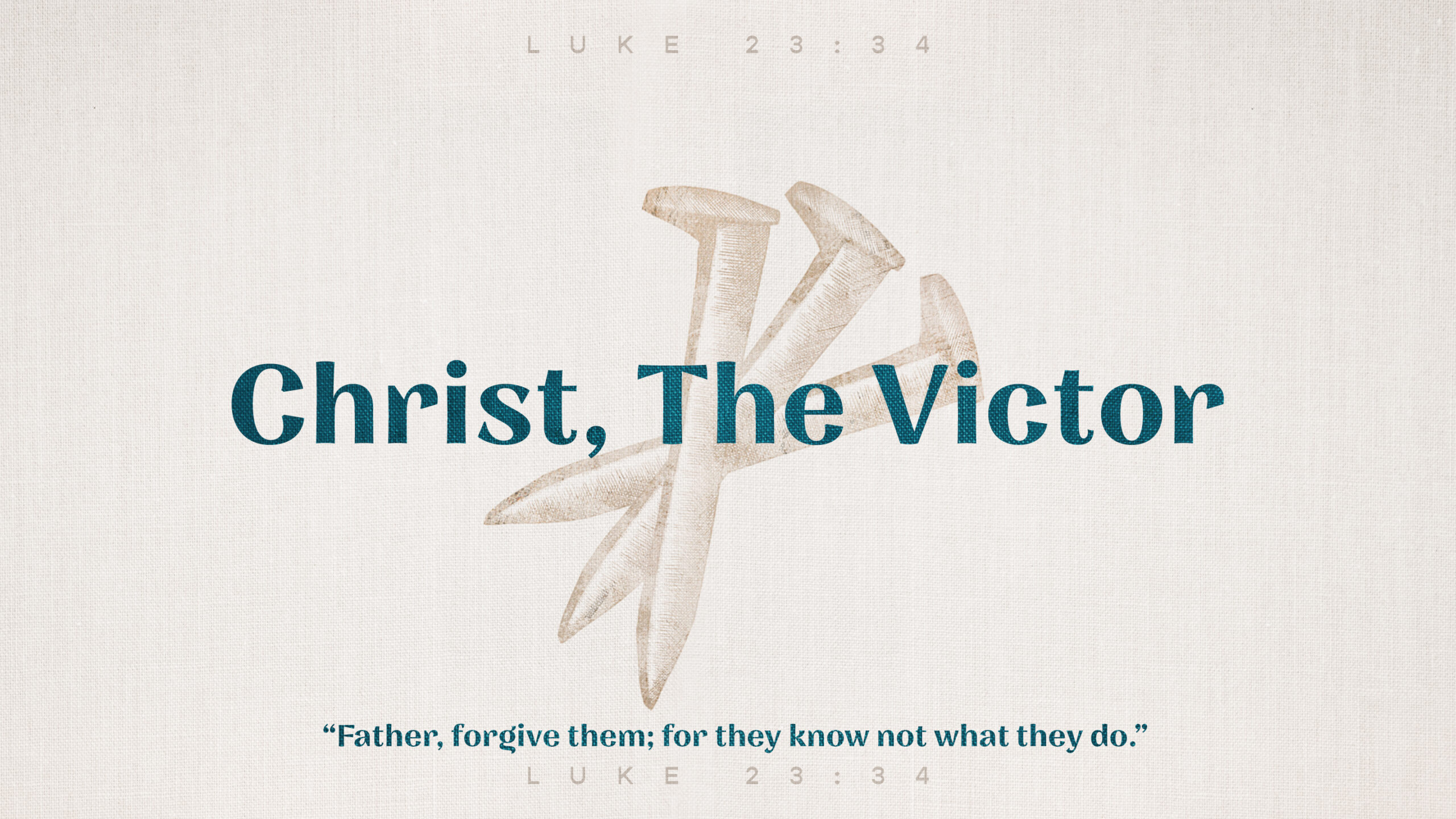By Stephen Leonard
“Father, forgive them, for they know not what they do.” Luke 23:34
Many movies and television dramas have a common storyline. They drive up your fierce passion and your painful angst through the perpetration of extreme injustices, physical and mental travail, and torture upon innocent main characters. Then you hunger for revenge and justice to be meted out to the hated, responsible “monsters” before the movie or show ends. And you are pleased these criminals get what they deserve in the end.
The same-themed movies of Charles Bronson, Death Wish (1-5), were popular movies in that there was pleasure arising from the satisfaction of justice delivered. I must admit that when I saw the mayhem, violence, and assault thrust upon the innocent, I, too, was pleased to see Bronson bring the “required” justice.
Jesus’ perspective is radically different than this or the world’s view. His worldview about revenge versus forgiveness is totally opposite to theirs or ours. Jesus said quite clearly, “Love your enemies, do good to those who hate you, bless those who curse you, pray for those who mistreat you.” (Luke 6:27-28), and He lived out His own words to the nth degree.
This does not mean that justice is not served where crimes have been committed, but if you were the victim, you are to forgive. The authorities mete out the justice, you forgive.
Jesus’ first words from the excruciating cross were to His Father to forgive His heinous enemies, forgive those who tortured, cursed, humiliated, and unjustly put Him to death. He said, “Forgive them, Father, for they do not know what they are doing!”
Did his words have any meaning? Did they have value? Were they words that were able to make a difference? They were the words of the Son of God. They were the expression from the lips of “the sinless, perfect Lamb of God.” “He bore the sin of many, and makes intercession for the transgressors.” (Isaiah 53) Forgiveness from the Father and from the Son of the Father makes all the difference for your eternity.
The Father sorts out all those who will be sheep (forgiven) or goats (unforgiven), as declared in Matthew 25. “By his stripes, we are healed!” Isaiah says. Salvation is by and through the blood of Christ. Some of those who took part in His crucifixion came to believe on Him, as the Centurion who said, “This truly was the Son of God.” Or the criminal on the cross to whom Jesus said, “Today, you will be with Me in Paradise.”
In John 14, Jesus told His disciples, “No man comes to the Father except through Me.” Of the crowd watching Jesus die on the cross on Golgotha were those who trusted in Him and those who did not. There were those who afterwards came to believe before their own death, and those who did not.
Both are pre-figured by the “wise and foolish virgins” and “the sheep and the goats” of Matthew 25. There is no equivocation in the Scripture. Either, there is no oil in your lamp, or there is. You are either on the left with the goats or on the right with the sheep. This is the dividing declaration of God’s Word. Your choice! “Whosoever will may come.”
Three days after Jesus’ excruciating death on that cross, He was resurrected from the dead. He walked out of His tomb alive. His resurrection is an exclamation on the truth and power of His words, “Forgive them, Father!” They were forgiven indeed! But will they all be forgiven eternally? Will you be forgiven eternally?
You will if you are “in Jesus.” Jesus is the victor over sin and death! His was the victory that works for every soul who puts their trust in Him! This is the magnificent victory you celebrate on Easter and every day after Easter. “He Lives! And so shall I.”
Encouragement
“Jesus lives, and so shall I. Death! Thy sting is gone forever! He who deigned for me to die, lives, the bands of death to sever. He shall raise me from the dust: Jesus is my hope and trust!”
(1st verse of Christian Gellert’s hymn, “Jesus Lives and So Shall I,” 1757)
Stay Updated
Sign up for our monthly newsletter and weekly devotional











